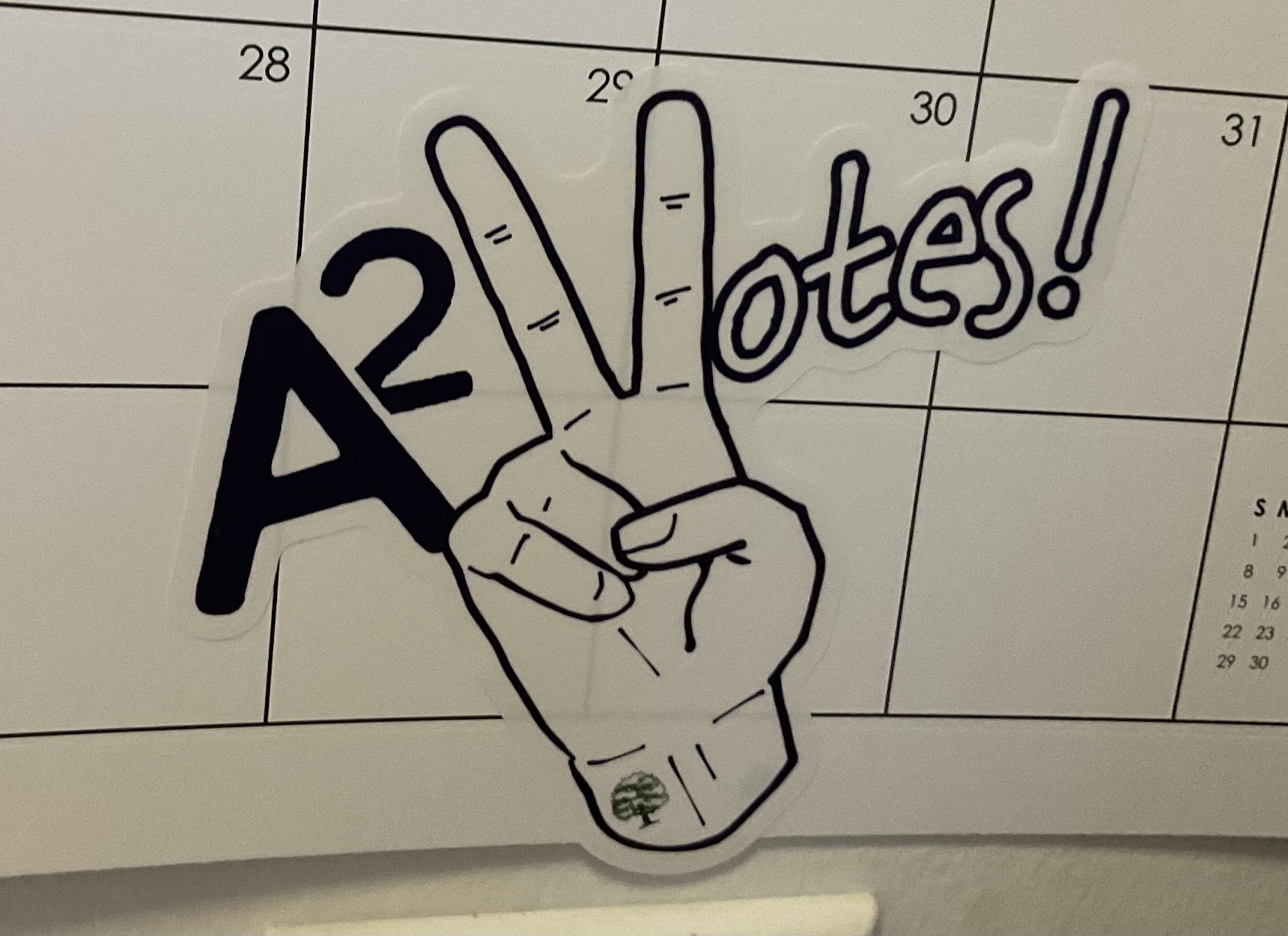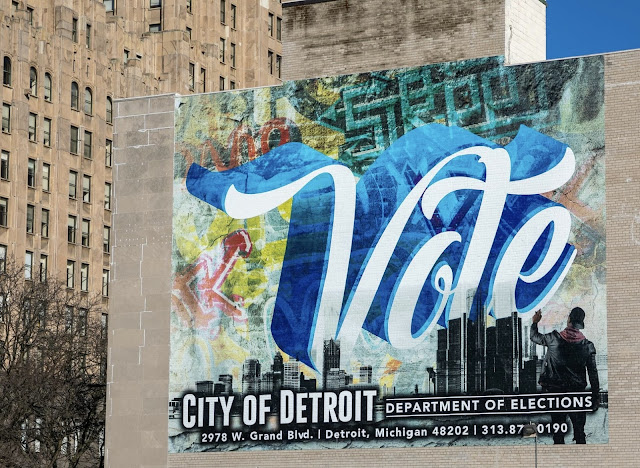The Great British Baking Show Continues
Pastry Week
 |
Dylan is the heart-throb of this year’s show. I’ve read at least two articles about him. (here and here) |
 |
| Judges and Contestants |
Reading Two Nobel Prize Winners
Why Nations Fail
 |
| Nobel Prize in Economics, 2024. Published 2012. |
Why Nations Fail: The Origins of Power, Prosperity, and Poverty by Daron Acemoglu and James A. Robinson is an overwhelming book. The recent announcement of the Nobel Prize awarded to the two authors and another collaborator on their work in economics was so interesting that I decided to read it. The Prize Committee’s statement:
“This year’s laureates in the economic sciences – Daron Acemoglu, Simon Johnson and James Robinson – have demonstrated the importance of societal institutions for a country’s prosperity. Societies with a poor rule of law and institutions that exploit the population do not generate growth or change for the better. The laureates’ research helps us understand why.” (source)
Why Nations Fail not surprisingly has a strong view about the wealth and poverty of nations. Near the beginning they say that “to understand world inequality we have to understand why some societies are organized in very inefficient and socially undesirable ways.” (p. 68)
The authors cite a vast number of precisely constructed examples of societies and how they succeed or fail. It’s always said that the Devil is in the details, and this book has an enormous quantity of details. As a result, it’s daunting to try to review it — a certainty that one will miss something crucial. Well, anyway, here goes.
The organizing principal of societies that the authors consider crucial is whether the societies are “extractive” — that is they yield wealth for a few privileged individuals or groups — or whether the society as a whole profits from the productivity of its citizens with some version of equality or common purpose. The authors explain these concepts in detail using many examples of how these two types of societies emerged throughout history, and how they exist today, and why the inhabitants of some societies are so much better off materially than the others. And they clearly believe that the greatest prosperity and social welfare is found in democracies. Their summary:
“Nations fail economically because of extractive institutions. These institutions keep poor countries poor and prevent them from embarking on a path to economic growth. This is true today in Africa, in places such as Zimbabwe and Sierra Leone; in South America, in countries such as Colombia and Argentina; in Asia, in countries such as North Korea and Uzbekistan; and in the Middle East, in nations such as Egypt.” (p. 398)
Trying to summarize almost 500 pages of dense economic and social history is impossible. It’s a very challenging book to read. Sometimes as I read I felt that it was extremely long-winded with a lot of extraneous material and much more background than was needed, but I was never sure this impression was correct. In any case, the book answers (or claims to answer) a question that everyone wants to know — why are some nations rich and some poor?
The Golden Notebook
 |
| Nobel Prize in Literature, 2007. Published 1962. |
Recently, I decided to reread Doris Lessing’s famous novel The Golden Notebook — it’s been many years since I read it. While the book continues to be a powerful work concerning art, society, and politics, I feel that it’s become dated in a number of ways. In particular, she writes about the determination of Anna, the principal character, to capture in her writing the thoughts, feelings, bodily functions, worries about the people in her life, concerns about lovers, and essential realities of every-day life as a woman. In a way, these then-surprising subjects for literature no longer seem surprising — because so many women since then have continued to write in the same vein. Alas, the problems women experienced in the book do seem just as bad as ever (if you ask me).
In contrast to the social issues around women, the political issues in the book seem like ancient history. The challenges Anna and her friends face, of being a communist and figuring out how to deal with the 1950s circumstances around the Soviet Union, are totally obsolete. These concerns just don’t really seem relevant any more.
On reflection, I think that Lessing exerted a lot of influence especially on women’s writing. Her artistic choices created a universe where we can hear women’s voices and appreciate women’s writing, though she did not, I think, become a political influence.
It’s impossible to capture the many faceted thoughts that Anna recorded, but I’ve pulled out a quote as an example of the writing about the every-day concerns of a woman in the 1950s, contemplating as she goes about her day:
“And now I must hurry. I wash again and dress. I choose a black and white wool dress with a small white collar, because Michael likes it, and there mightn’t be time to change before this evening. Then I run down to the grocer and the butcher. It is a great pleasure, buying food I will cook for Michael; a sensuous pleasure, like the act of cooking itself. I imagine the meat in its coat of crumbs and egg; the mushrooms, simmering in sour cream and onions, the clear, strong, amber-coloured soup. Imagining it I create the meal, the movements I will use, checking ingredients, heat, textures.” (p. 302)
If you haven’t read this classic, but you are committed to knowing literature that has made a big impact, you might want to read this. Specifically, the Swedish Academy in giving the Nobel Prize described Lessing as "that epicist of the female experience, who with skepticism, fire, and visionary power has subjected a divided civilization to scrutiny." Despite the impression that she made two generations ago, I’m really not sure Lessing’s work would now speak dramatically to anyone under 60. It’s kind of sad to realize how much time has gone by since the book was published. Anna, the central figure of the book was born in 1922 — obviously, more than 100 years ago.
Note on strange book cover: The Golden Notebook’s main characters are two forty-something-year-old women. This book cover of the kindle edition that I read (above) shows an adolescent girl — doesn’t it? I don’t think this image corresponds to even a very minor character in the novel. I guess the book designer didn’t read the book — it wouldn’t be the first time that happened.
 |
| You can see that these are very old copies of the books. I had more, but I don’t know what became of them. |
No Nobel
 |
Metronome by Lorant Deutsch. Published 2013.
A huge disappointment! It’s just another history book with vague connections to locations
in Paris where you can visit (or more likely, aren’t allowed to visit) archaeology sites. |
Also in My Neighborhood
Reviews & photos © 2024 mae sander






















































